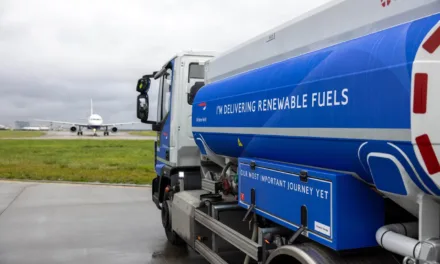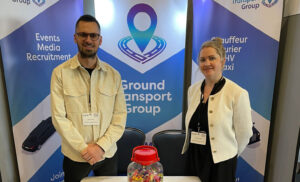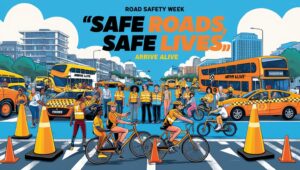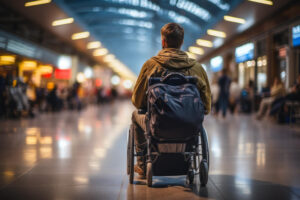As The RMT rail workers’ union embark on their latest round of strikes, leading ground transport experts CMAC Group share their views on the effect of rail strikes on the wider transport industry & the impact upon the travelling public.
CMAC Group provide transport solutions for businesses and have seen the impact of the strikes first hand, including spikes in demand for other transport modes, which are already 37% higher than pre-pandemic levels as public transport continues to fall short.
The transport experts have been previously outspoken about the pressure both the pandemic and rail strikes have put upon taxi drivers, calling for the Government to rethink the licensing process to avoid driver shortages. Neil Micklethwaite, Chief Operating Officer at CMAC Group now voices further concerns about travel chaos over the Christmas period:
“The impact and knock-on effect of the recent rail strikes was completely underestimated. With further strikes planned to hit all rail networks and Eurostar throughout December we can expect to see even more travel chaos during one of the busiest periods of the year for all forms of transport.
Research conducted by VisitBritain suggests a quarter of Britons (23%) will take an overnight trip between Christmas and the New Year; millions more travel to shops and attend festive events and entertainment, and, based on previous years’ figures, around 4.5 million are expected to go abroad.
There’s no doubt disruption is expected to continue into non-strike days and alternative transport providers, such as taxis, which are essential in helping keep the country moving.
As we have previously stated, CMAC is committed to supporting the travelling public and have already seen demand for alternative modes of travel at 37% higher than pre-pandemic levels. Given Covid-19 ravaged many of the supporting industries on which we rely – like the taxi industry – we now have a fundamental travel infrastructure issue to address.
Once again, we would like to highlight our previously reported findings from speaking to taxi drivers to understand why they are leaving the industry. Our focus is to try to develop measures of support to attract and retain more of them.”
- Nearly a quarter (23%) of drivers left the industry due to stress
- 21% said it wasn’t a financially viable career
- 17% couldn’t afford to keep their vehicle during lockdowns.
- One in five (21%) were unable to renew their licenses and continue their careers or had their vehicle repossessed, affecting their credit rating and ability to return to the industry.
“We believe the Government and local authorities need to double-down and overhaul their approach to other parts of the transport system, ensuring a provision of financial support and safeguarding for small businesses, employees and the self-employed involved in providing transport for the public. We’re once again calling on them to review the licensing renewal processes for taxi drivers to help keep more of them on the roads and provide an extra incentive for drivers who’ve exited the industry to return – they provided a crucial part of the transport eco-system already and the previous strike action has shown how much they are truly needed.”













